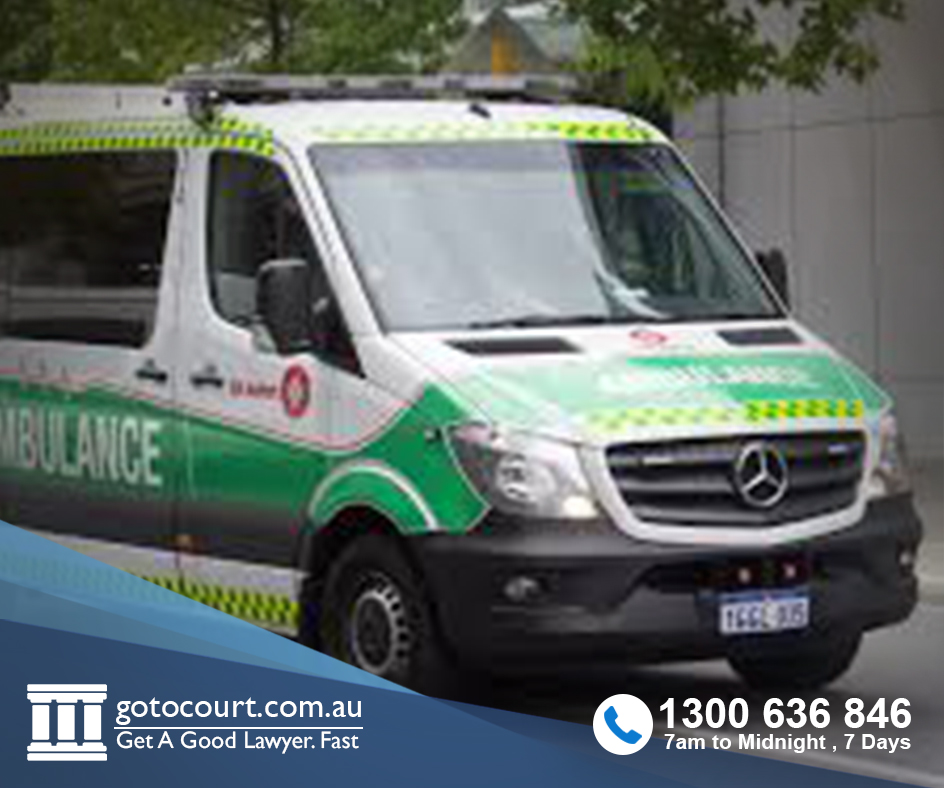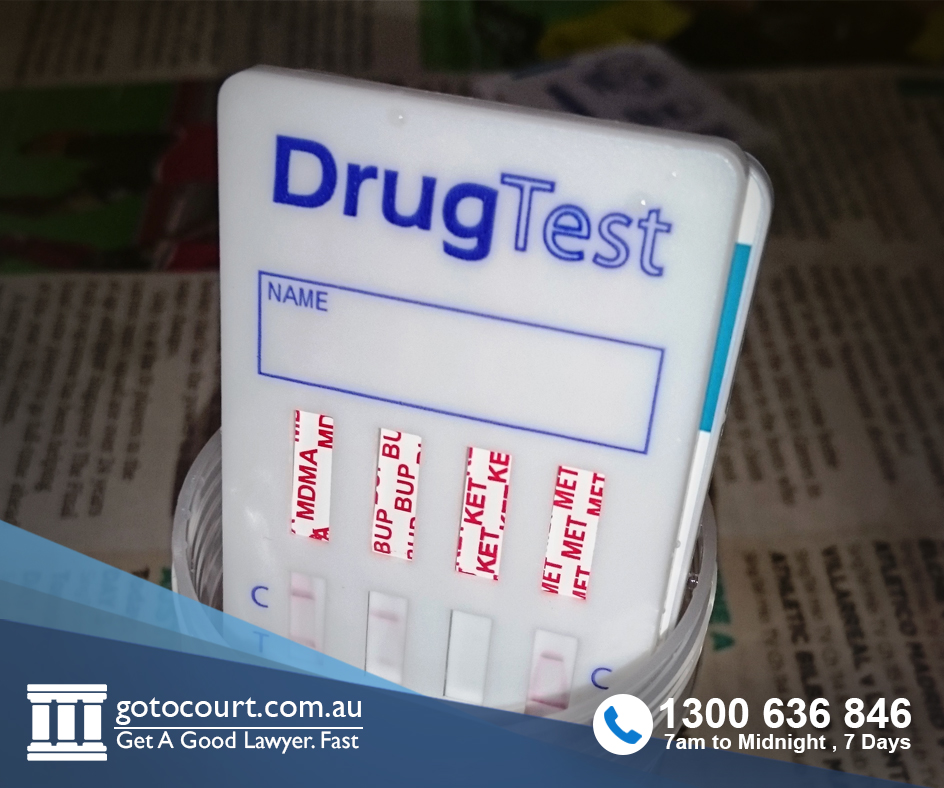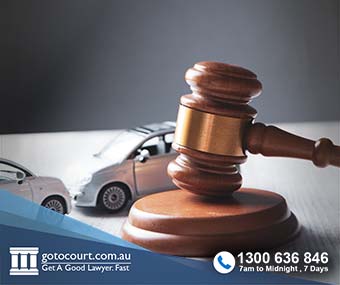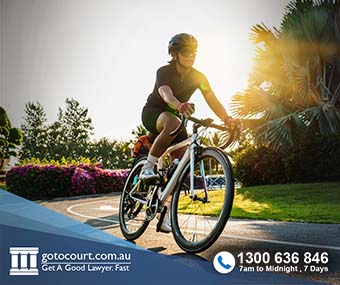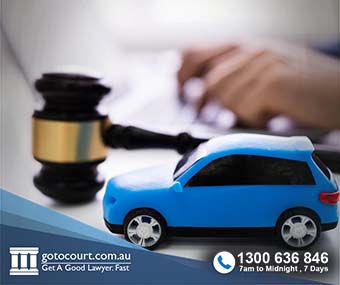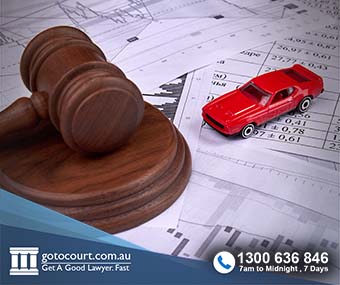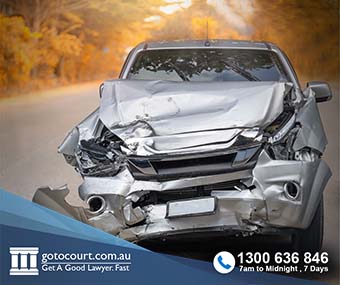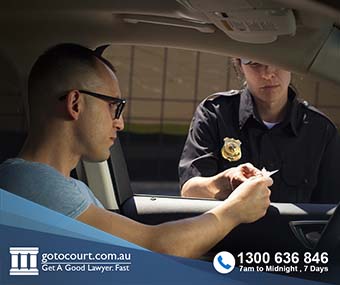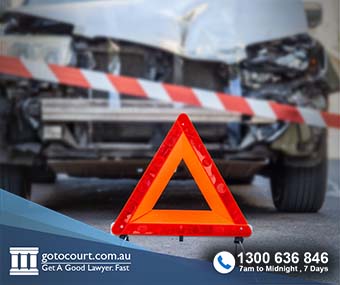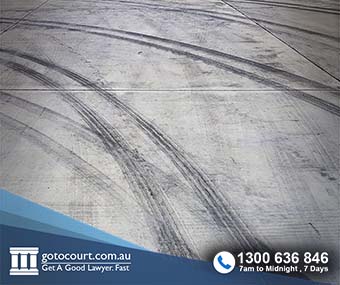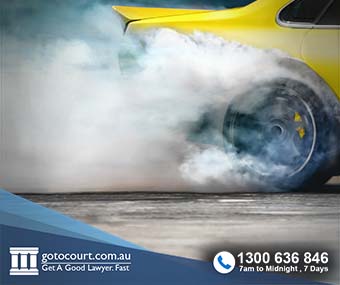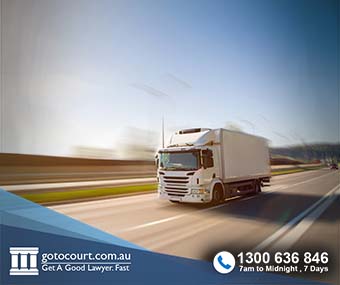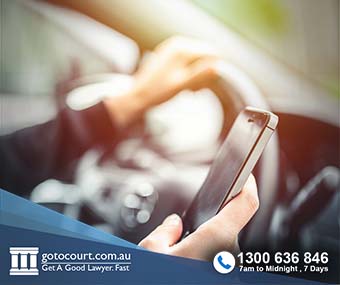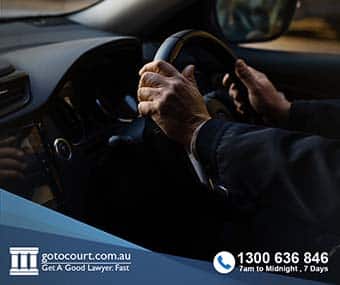Call our lawyers
now
or,
have our lawyers
call you
NSW Hoon Laws
Updated on Dec 05, 2022 • 5 min read • 766 views • Copy Link
NSW Hoon Laws
Hooning refers to anti-social and dangerous behaviour committed when driving a motor vehicle. In New South Wales, it is an offence to commit certain types of hooning, including:
- speed racing
- driving in a manner which causes a loss of traction (eg causing your car to do burnouts or drag racing)
- being involved in a police pursuit, and
- driving at least 45 kilometres per hour over the speed limit (ie a high range speeding offence).
These offences are contained in the Road Transport Act 2013, the Crimes Act 1900 and the Road Rules 2014. Under the Vehicle Sanctions Scheme introduced in 2012 by the New South Wales government, police have powers to impose roadside sanctions on people who are caught hooning.
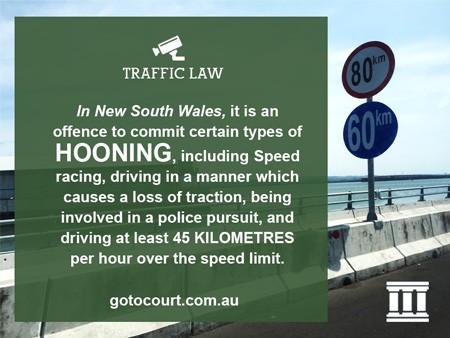
Speed racing in NSW
It is illegal in NSW to organise, promote or take part in a race, speed trial or attempt to break a speed record on a road in NSW, unless you have been granted written approval to do so by the Commissioner of Police. The maximum penalty for this offence is a fine of 30 penalty units (ie $3,300) for a first offence, or a fine of 30 penalty units (ie $3,300), 9 months imprisonment or both if you have committed the offence more than once.
It is also an offence to fail to comply with any conditions imposed by the Commissioner of Police in granting permission to ‘speed race’. Speed racing attracts a maximum penalty of 20 penalty units (ie $2,200). You may also be disqualified from driving for a period chosen by the court when you are convicted of either of these offences.
Drag racing or doing burnouts
It is an offence to drive a motor vehicle on a NSW road in a manner which deliberately causes that vehicle to experience a sustained loss of traction. This can occur by doing burnouts or during drag racing. The maximum penalty for this offence is 10 penalty units (ie $1,100).
If you commit this offence repeatedly, knowing there is oil or petrol on the road, or you do or omit to do something which increases the loss of traction, the maximum penalty is 30 penalty units (ie $3,300). If you commit the offence more than once, the subsequent maximum penalty is a fine of $3,300, 9 months’ imprisonment or both. In certain circumstances, you will also be disqualified from driving for 12 months. You will not be convicted for this offence if you can prove that you did not deliberately cause the vehicle to lose traction.
It is also an offence to organise, promote, participate in or photograph somebody else drag racing or doing burnouts. The maximum penalty is a fine of $3,300, or if you have committed this offence before, a fine of $3,300, 9 months’ imprisonment or both.
Police pursuits
If you drive a vehicle recklessly or at a dangerous speed, knowing or suspecting that police officers are pursuing you requiring you to stop the vehicle, and you fail to stop the vehicle, you commit an offence with a maximum penalty of 3 years’ imprisonment (or 5 years’ imprisonment if you have committed this offence before).
Driving at dangerous speeds
If you exceed the speed limit on a road in NSW by more than 45 km per hour, you are liable to a maximum penalty of 23 penalty units (ie $2,530) and a period of disqualification from driving that is specified by the court when you are convicted. This period will generally be a minimum of 12 months.
Police powers to seize vehicles and number plates
In 2012, police officers were granted powers to apply roadside sanctions if you are caught committing one of the above offences. These powers are contained under Part 7.6 of the Road Transport Act 2013. Now police officers can seize and take charge of your car, remove and confiscate your number plates and attach a ‘number–plate confiscation notice’ to the car. If you have a ‘number-plate confiscation notice’ attached to your car, you cannot drive that car for 3 months.
Alternatively, they can instead send you a ‘motor vehicle production notice’ which requires you to take your motor vehicle to a particular place for impounding, or they may send you a ‘number-plate confiscation notice’ which you must attach to the motor vehicle yourself (in which case the 3 month restriction on driving that car starts on a date nominated in the notice).
Police also have the power to take any of the aforementioned sanctions if they reasonably believe you committed one of the above offences in the past 10 days. You can apply to a local court to have your car or number-plates returned early.
If you are found guilty of one of the above offences and it is not the first time you have been convicted of the same offence within 5 years, your car will be forfeited (unless the court convicting you reduces this to a period of impounding or confiscation of your number plates on the basis you or another person will suffer extreme hardship otherwise).


Affordable Lawyers
Our Go To Court Lawyers will assist you in all areas of law. We specialise in providing legal advice urgently – at the time when you need it most. If you need a lawyer right now, today, we can help you – no matter where you are in Australia.How It Works








1. You speak directly to a lawyer
When you call the Go To Court Legal Hotline, you will be connected directly to a lawyer, every time.


2. Get your legal situation assessed
We determine the best way forward in your legal matter, free of charge. If you want to go ahead and book a face-to-face appointment, we will connect you with a specialist in your local area.


3. We arrange everything as needed
If you want to go ahead and book a fact-to-face appointment, we will connect you with a specialist in your local area no matter where you are and even at very short notice.



